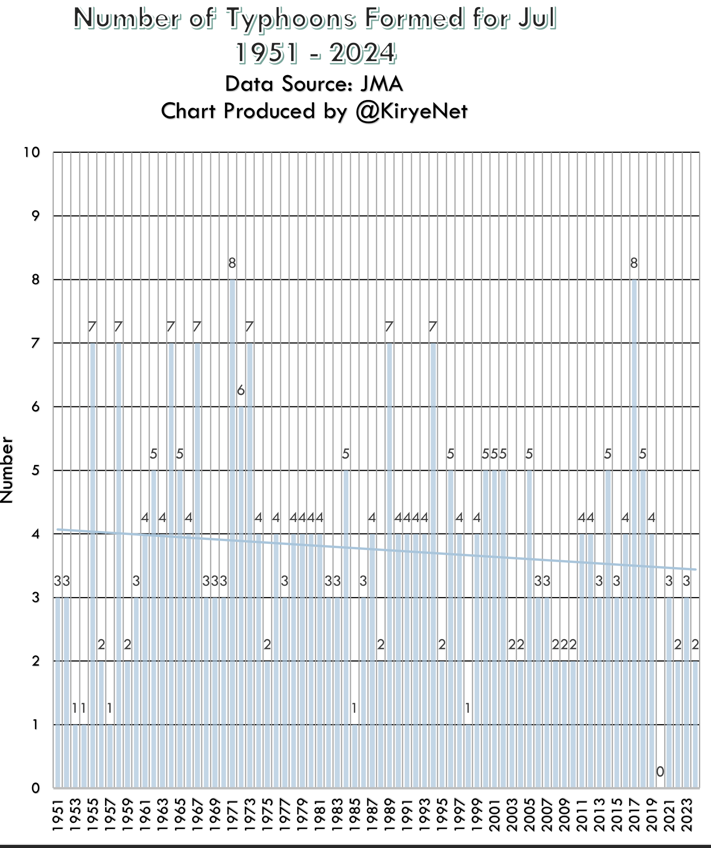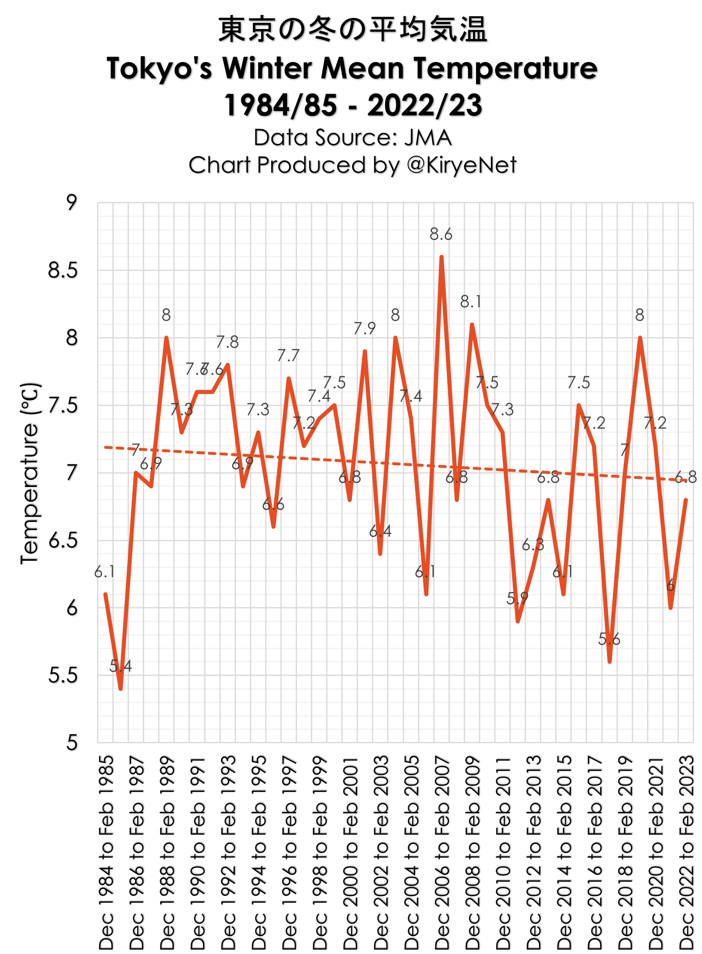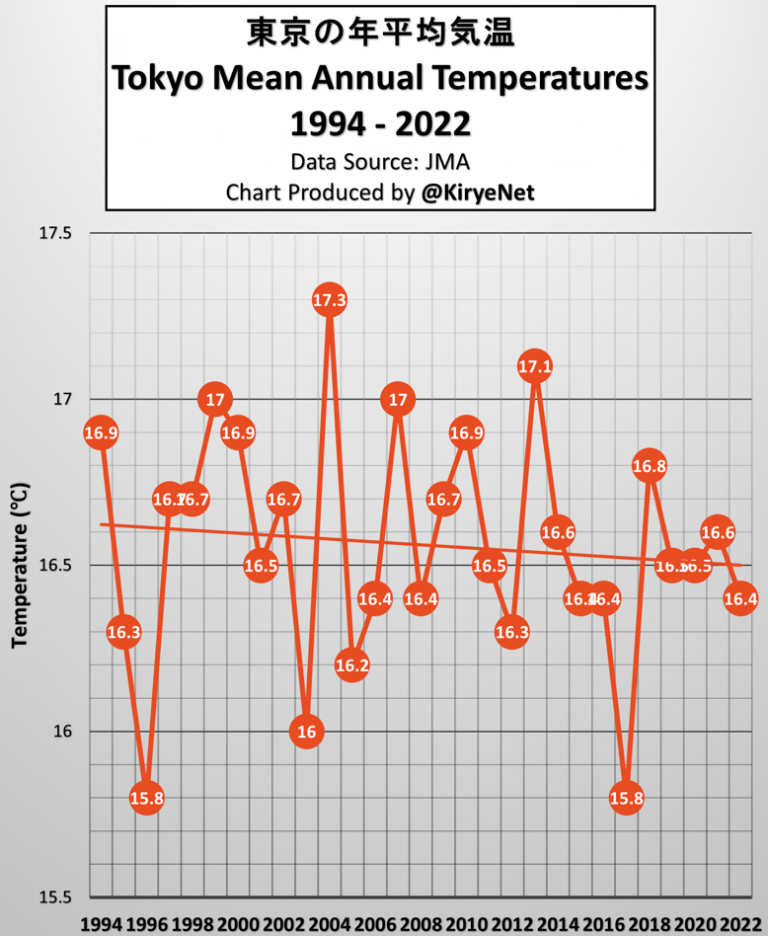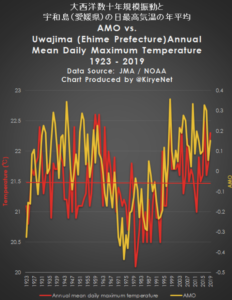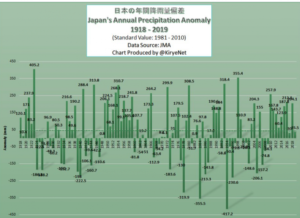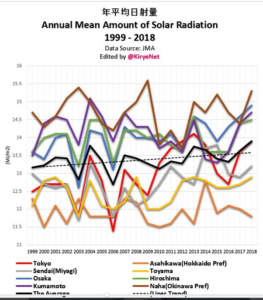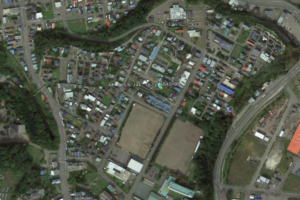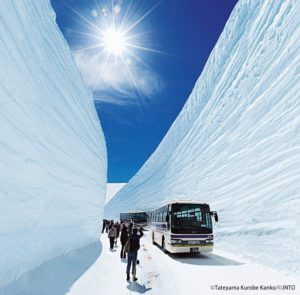by K. Richard, Feb 4, 2025 in NoTricksZone
In a region of the world where tide gauges are not compromised by land subsidence or uplift, sea levels have not been observed to be rising since measurements began in 1894.
According to a new study, when sea levels rise it usually has more to do with declining land movement (subsidence) or 20- to 60-year oscillations than it has to do with thermostatic sea level change.
“In Japan, there are many long-term trend tide gauges recording the sea levels since 1894. The tide gauges of Hosojima, Wajima, Tonoura, and Oshoro, not suffering from subsidence or isostasy, show multi-decadal fluctuations of periodicity quasi-20 and quasi-60 years, but not rising, nor accelerating, relative sea levels.”
…
Another study published earlier in the year by the same author (Boretti, 2024) indicates the sea level pattern around Japan is similarly occurring around the Polynesian island of Tuvalu.
Sea level changes are said to be influenced more by multi-decadal oscillations and land subsidence than by a global change in the amount of water stored in ocean basins.
“The significant increase in sea level observed at Tuvalu’s current tide gauge is attributed more to multidecadal oscillations, significantly affecting short-term records, and the subsidence of the tide gauge, rather than the global thermosteric contribution.”
“The suggested analysis aligns with prior research, reinforcing the perspective that the sea levels are gently rising and the surfaced area of Pacific islands and atolls is not diminishing, contrary to inaccuracies found in selective studies that emphasize certain data while disregarding others.”

